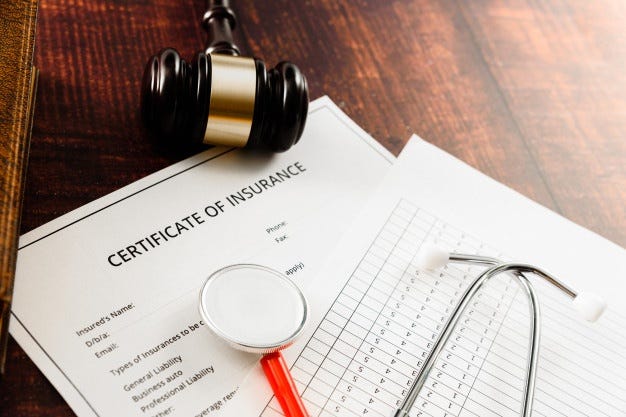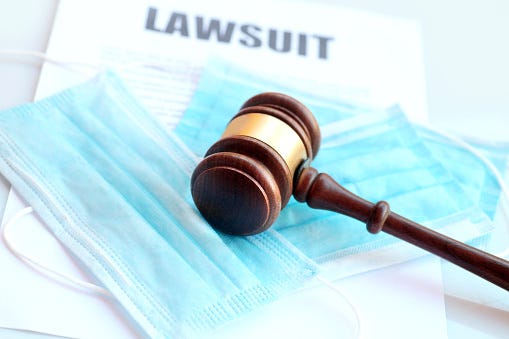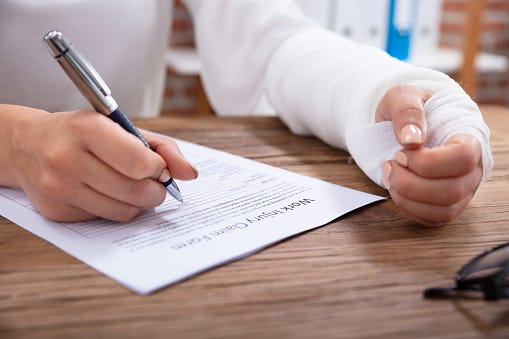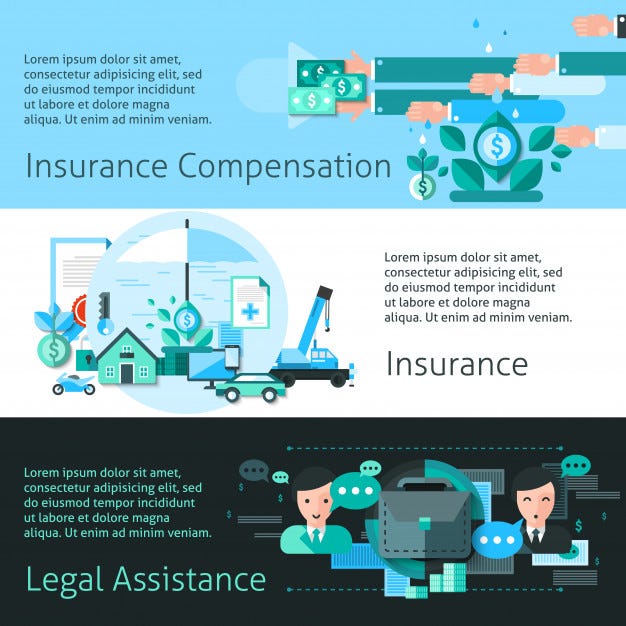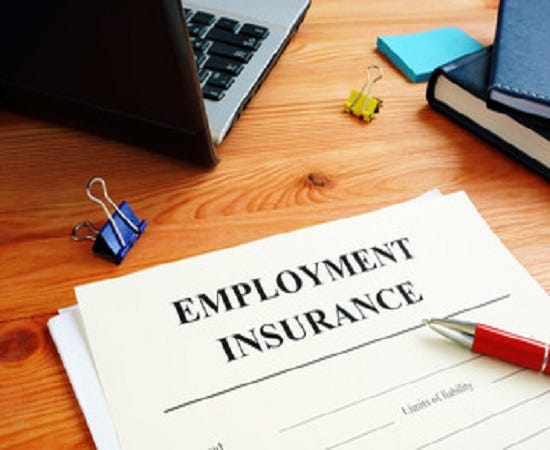A lawyer based in Richmond, VA, Claire C. Carr possesses three decades of legal experience and over her career has handled cases spanning from workers’ compensation claims to premises liability claims to motor vehicle negligence claims. Most of the attorneys at Claire's firm, KPMLAW, defend claims by persons claiming injuries as the result of someone else's negligence. This relates to a Virginia law stating that each person must, as a general duty, exercise ordinary care, such that their actions do not result in injury to others.
The duty of ordinary care does not typically extend to protecting others from harm due to the actions of a third party, unless the defendant knew or should have known of a heightened risk of injury caused by third parties. There are exceptions where a duty does arise to protect someone from harm caused by a third party. For example, where a “special relationship” is deemed to exist, such as between a hotel or restaurant proprietor and a guest or between a business and its invitee, the duty of protection may arise.
One noteworthy example of a newly defined special relationship is the 2019 Virginia Supreme Court decision A.H. v. Church of God in Christ, Inc. (297 Va. 604). The case centered on sexual abuse allegations levied by a minor against a deacon at the church, and it defined a special relationship as existing between a custodian, such as a church, and a “vulnerable individual” within the custodial relationship.
While the application of this special relationship may be challenging to apply, as the Virginia Supreme Court did not define “vulnerable individual,” it is now an important factor of risk-and-liability analysis. This is particularly true among those who have relationships or contracts involving duty of care in protecting others.
The duty of ordinary care does not typically extend to protecting others from harm due to the actions of a third party, unless the defendant knew or should have known of a heightened risk of injury caused by third parties. There are exceptions where a duty does arise to protect someone from harm caused by a third party. For example, where a “special relationship” is deemed to exist, such as between a hotel or restaurant proprietor and a guest or between a business and its invitee, the duty of protection may arise.
One noteworthy example of a newly defined special relationship is the 2019 Virginia Supreme Court decision A.H. v. Church of God in Christ, Inc. (297 Va. 604). The case centered on sexual abuse allegations levied by a minor against a deacon at the church, and it defined a special relationship as existing between a custodian, such as a church, and a “vulnerable individual” within the custodial relationship.
While the application of this special relationship may be challenging to apply, as the Virginia Supreme Court did not define “vulnerable individual,” it is now an important factor of risk-and-liability analysis. This is particularly true among those who have relationships or contracts involving duty of care in protecting others.









